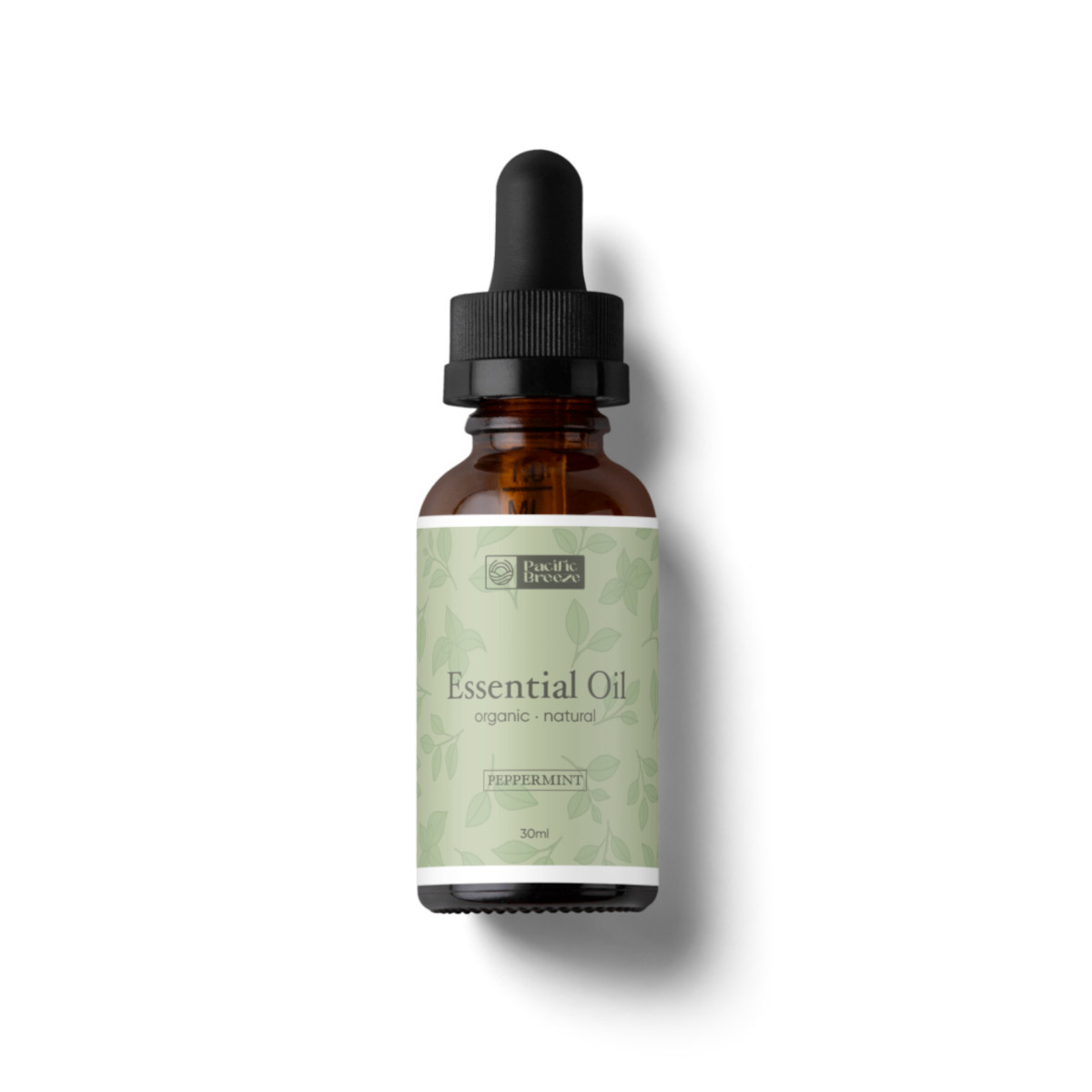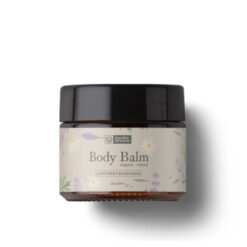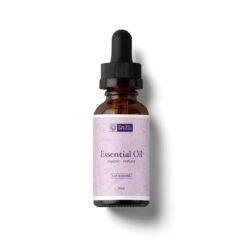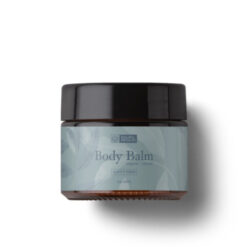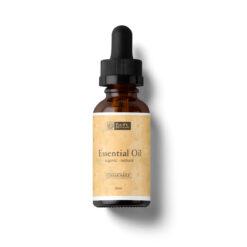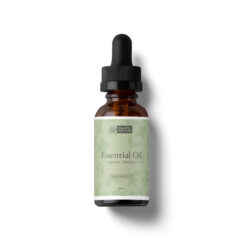Certified Organics: This organic oil is QAI Certified. The National Organic Program sets and oversees standards for the production, handling, and labeling of organic agricultural products. QAI also accredits both domestic and international certifying agents who inspect organic production and handling operations to ensure they meet USDA standards.
Botanical Name: Mentha arvensis
Main Constituents: L-menthol: 70 – 75%
Plant Part: Herb
Origin: India
Processing Method: Steam Distilled
Description / Color / Consistency: A thin, colorless to pale yellow liquid.
Aromatic Summary / Note / Strength of Aroma: A top note with a strong, sharp, penetrating scent due to its high menthol content. The minty sweetness of the vapor makes it one of the most popular essential oils.
Blends With: Basil, Bergamot, Cajeput, Cedarwood, Eucalyptus, Lemon, Lime, Mandarin, Marjoram, Niaouli, Pine, Rosemary, and Thyme.
Product Abstract: Also known as Corn Mint, Mentha arvensis is a perennial herb that can grow up to 3 feet tall. It has hairy leaves with serrated edges and spiked purple flowers and spreads through underground runners. It is one of the oldest documented medicinal herbs. Peppermint Japanese is known for its high menthol content, and menthol crystals can sometimes form directly on the leaves. The name peppermint comes from Greek mythology, where Minthe was transformed into a plant by Persephone, but Pluto ensured she would be loved for her fragrant aroma. Peppermint is used as a flavoring agent in the food industry and in soaps, candles, and toiletries.
Note: Due to the high menthol content, this oil may crystallize. If this happens, place the bottle in a hot water bath, changing the water frequently until it returns to liquid, then gently agitate before use.
Cautions: Dilute before use; for external use only. May cause skin irritation in some individuals; a skin test is recommended prior to use. Avoid contact with eyes.
FAQs:
Can You Apply Peppermint Oil Topically? Yes, peppermint oil can be applied to the skin for headaches, muscle aches, joint pain, and itching. Test a small amount first to check for any allergies to peppermint oil.
Does Peppermint Oil Contain Menthol? Yes, which is why it should not be inhaled directly or applied to an infant’s face.
Can Peppermint Oil Be Diffused Safely? Yes, diffusing peppermint oil can boost energy, aid respiration, stimulate circulation, improve mood, and alleviate stress. Use in a well-ventilated space if infants or animals are present.
Does Peppermint Oil Work on Bug Bites? Recent research suggests peppermint oil may have antimicrobial properties, making it a natural way to prevent infection from bug bites.
What is the Strongest Peppermint Oil? The strongest peppermint oils are produced using modern distillation techniques. New Direction Aromatics peppermint oil, steam distilled from the Mentha arvensis plant, is among the strongest available.
Is Peppermint Oil Good For You? Peppermint oil has various applications and benefits. When diffused, it can alleviate cold symptoms and headaches. Applied to the skin, it can reduce swelling and inflammation and act as an antimicrobial. It may also promote hair thickness and luster while reducing flaking and itching.
Storage: It is recommended to transfer oils packaged in metal containers (for safe shipping) into dark glass containers to maintain freshness and maximize shelf life.


